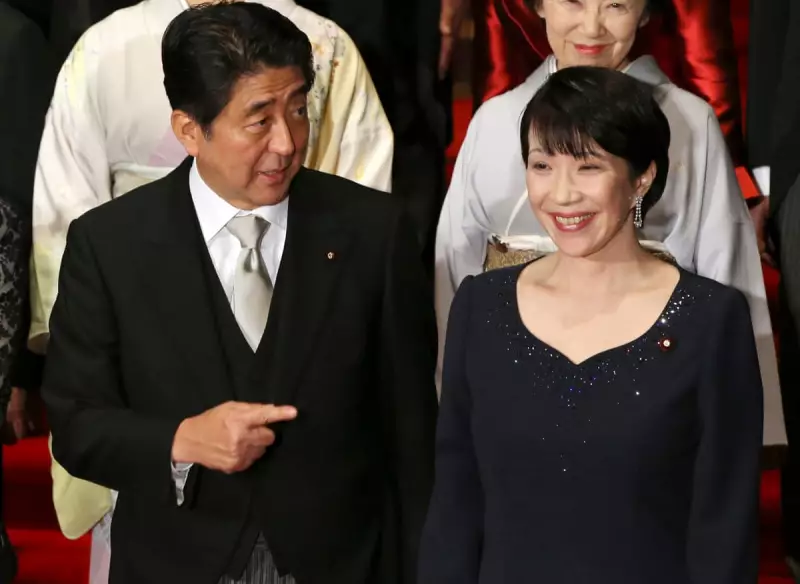
Japan's newly installed Prime Minister Kimiko Yamazaki is embarking on her most critical diplomatic test yet, heading to Washington for high-stakes talks with Donald Trump where she'll hope the lingering 'Abe effect' can work its magic.
The Abe-Trump Legacy
The shadow of former Prime Minister Shinzo Abe looms large over these crucial discussions. During Trump's first term, Abe cultivated an unusually close personal rapport with the American leader, famously becoming the first foreign leader to meet Trump after his 2016 election victory.
That relationship, built on golf outings and flattery, helped shield Japan from the worst of Trump's protectionist trade policies. Now Yamazaki must determine whether that personal chemistry was transferable or uniquely Abe's creation.
What's at Stake for Japan
The agenda couldn't be more consequential for the world's fourth-largest economy:
- Trade imbalances: Trump has repeatedly targeted what he calls 'unfair' trade relationships
- Security commitments: Questions over US commitment to Japan's defence amid growing regional threats
- Auto tariffs: Potential crippling tariffs on Japanese automobile exports
- Technology cooperation: Critical semiconductor and AI partnerships
The Personal Politics Challenge
Diplomats and analysts suggest Yamazaki faces a delicate balancing act. While she can reference Abe's successful approach, she must establish her own relationship with the mercurial American president.
"The Abe-Trump relationship was built on very specific personal dynamics," notes Dr Akiko Tanaka, professor of international relations at Tokyo University. "Prime Minister Yamazaki cannot simply replicate it—she needs to find her own formula while acknowledging what worked before."
Regional Security Concerns
With China's growing assertiveness and North Korea's nuclear ambitions, Japan seeks reassurance about America's security umbrella. Trump's previous comments suggesting allies should pay more for protection or potentially go nuclear have caused significant anxiety in Tokyo.
The success or failure of these talks could define Yamazaki's premiership and shape US-Japan relations for years to come, with implications stretching far beyond bilateral ties to affect the entire Indo-Pacific security architecture.





